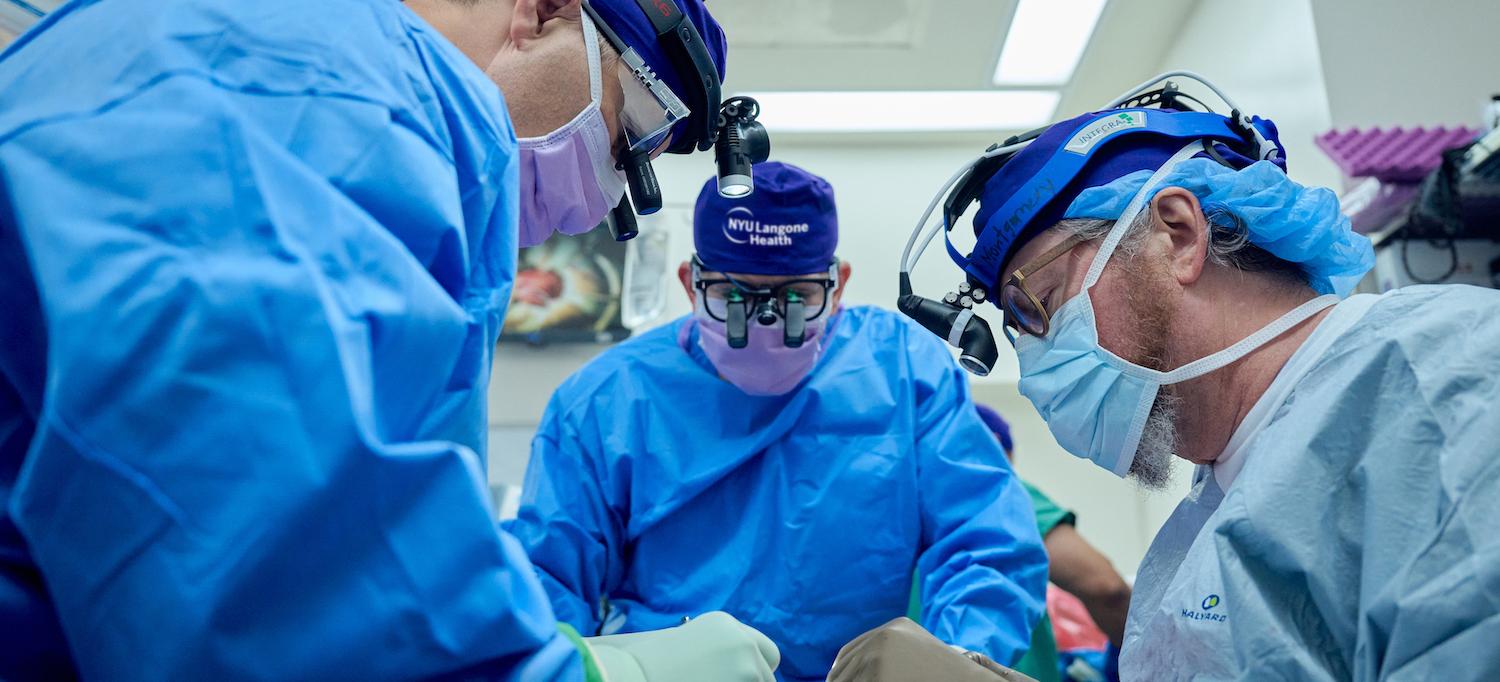In a groundbreaking achievement, surgeons in the United States have successfully transplanted a pig kidney into the body of a brain-dead human patient, and the organ has functioned normally for more than a month.
This development holds immense promise in addressing the pressing need for organ donations.
The surgical team at the New York University Langone Transplant Institute made the remarkable announcement on Wednesday.
They revealed that the pig kidney had continued to function effectively inside the human recipient for over a month, marking the longest duration a pig kidney has functioned in a human body, even if post-mortem. Institute director Robert Montgomery expressed his optimism, stating that this achievement provides “further assurances” for future studies in living patients.
Key to this achievement was the genetic modification of the pig kidney. By eliminating a gene responsible for producing biomolecules that trigger immune system responses in humans, the researchers were able to mitigate the risk of rejection.
Montgomery emphasized, “We’ve now gathered more evidence to show that, at least in kidneys, just eliminating the gene that triggers a hyperacute rejection may be enough — along with clinically approved immunosuppressive drugs — to successfully manage the transplant in a human for optimal performance, potentially in the long-term.”
This breakthrough holds significant potential in addressing the critical shortage of organ donors. In the United States alone, more than 103,000 individuals are in need of organ transplants, with kidneys being in particularly high demand.
The successful transplantation began with the placement of a pig kidney into the body of Maurice “Mo” Miller, who had tragically passed away at the age of 57. Miller’s family generously donated his body for scientific research, enabling this pioneering experiment.
While the success has opened a new chapter in the field of cross-species transplantation, researchers remain committed to careful monitoring. The goal is to eventually progress to using animal organs to save living humans, a development that could significantly impact the lives of those on transplant waiting lists.
As the US Food and Drug Administration (FDA) considers allowing selective studies involving pig hearts and kidneys in volunteer patients, successes like the one achieved at the NYU Langone Transplant Institute pave the way for advancements in this critical medical field. The sacrifice of individuals like Maurice “Mo” Miller, and the families that support such endeavors, play a vital role in advancing scientific knowledge and improving healthcare outcomes.




